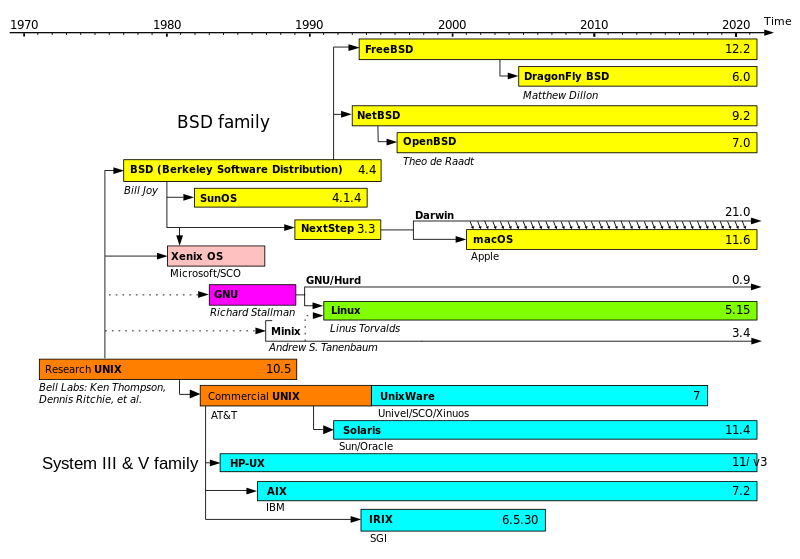

But you said
Can you provide evidence which back your claim’s?
And I’m not going to search for all those articles that were talking about bad practices of Brave Browser.
I rather think it’s bc most people didn’t do proper research, which is sadly not unusual.
If they don’t do proper research, they wouldn’t mind your comment.
But I found this article https://popzazzle.blogspot.com/2021/07/why-i-uninstalled-brave-browser.html where says:
[…] Since I believed I’d disabled all possible sources of activity bar the actual loading of DuckDuckGo (html-only version - which is a tiny load), I thought I’d have a look round for some insight. I’d disabled the telemetry, the updater, the spell-checker, the “security protection”… And yet there was still this big spike of traffic on the computer’s main network meter.
In truth I was probably going to uninstall anyway, but the unprompted activity was a final indication that Brave does not understand the meaning of privacy, or consent. […]
The part of “there was still this big spike of traffic on the computer’s main network meter” claims that Brave Browser is not that private. And you can get the same level of blocking with better alternatives than claiming Brave to be a private solution.






You can show ads without tracking and keeping users their right to privacy, right? I think it’s different selling user data than having some ads on your website.